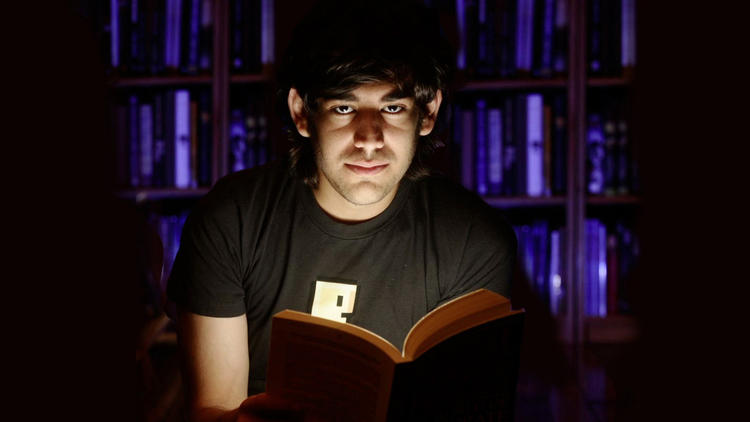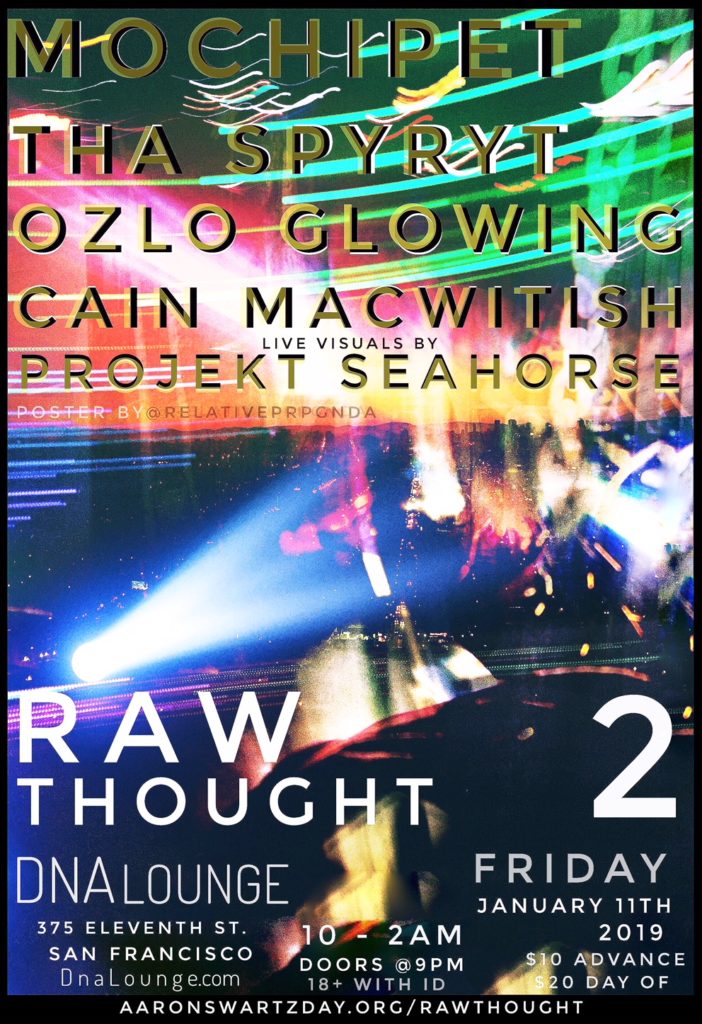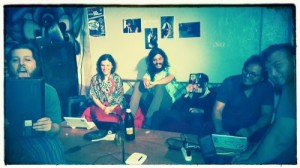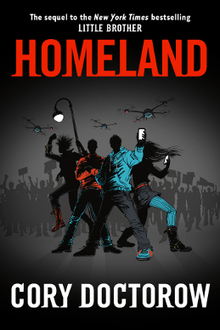
By Aaron Swartz:
Everybody thinks they’re good.
And if that’s the case, then intentionality doesn’t really matter. It’s no defense to say (to take a recently famous example) that New York bankers were just doing their jobs, convinced that they were helping the poor or something, because everybody thinks they’re just doing their jobs; Eichmann thought he was just doing his job.
Eichmann, of course, is the right example because it was Hannah Arendt’s book “Eichmann in Jerusalem: A Report on the Banality of Evil“ that is famously cited for this thesis. Eichmann, like almost all terrorists and killers, was by our standards a perfectly normal and healthy guy doing what he thought were perfectly reasonable things.
And if that normal guy could do it, so could we. And while we could argue who’s worse — them or us — it’s a pointless game since its our actions that we’re responsible for. And looking around, there’s no shortage of monstrous crimes that we’ve committed.
Complete version from Aaron’s blog, June 23, 2005:
As children we’re fed a steady diet of comic books (and now, movies based off of them) in which brave heros save the planet from evil people. It’s become practically conventional wisdom that such stories wrongly make the line between good and evil too clear — the world is more nuanced than that, we’re told — but this isn’t actually the problem with these stories. The problem is that the villains know they’re evil.
And people really grow up thinking things work this way: evil people intentionally do evil things. But this just doesn’t happen. Nobody thinks they’re doing evil — maybe because it’s just impossible to be intentionally evil, maybe because it’s easier and more effective to convince yourself you’re good — but every major villain had some justification to explain why what they were doing was good. Everybody thinks they’re good.
And if that’s the case, then intentionality doesn’t really matter. It’s no defense to say (to take a recently famous example) that New York bankers were just doing their jobs, convinced that they were helping the poor or something, because everybody thinks they’re just doing their jobs; Eichmann thought he was just doing his job.
Eichmann, of course, is the right example because it was Hannah Arendt’s book Eichmann in Jerusalem: A Report on the Banality of Evil that is famously cited for this thesis. Eichmann, like almost all terrorists and killers, was by our standards a perfectly normal and healthy guy doing what he thought were perfectly reasonable things.
And if that normal guy could do it, so could we. And while we could argue who’s worse — them or us — it’s a pointless game since its our actions that we’re responsible for. And looking around, there’s no shortage of monstrous crimes that we’ve committed.
So the next time you mention one to someone and they reply “yes, but we did with a good intent” explain to them that’s no defense; the only people who don’t are characters in comic books.
You should follow me on twitter here.






